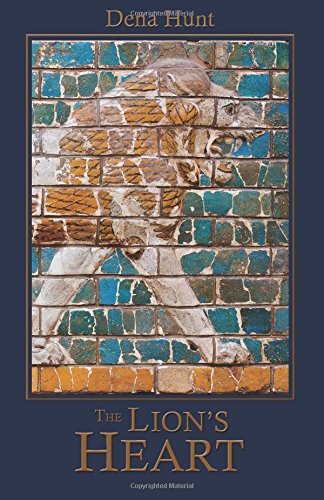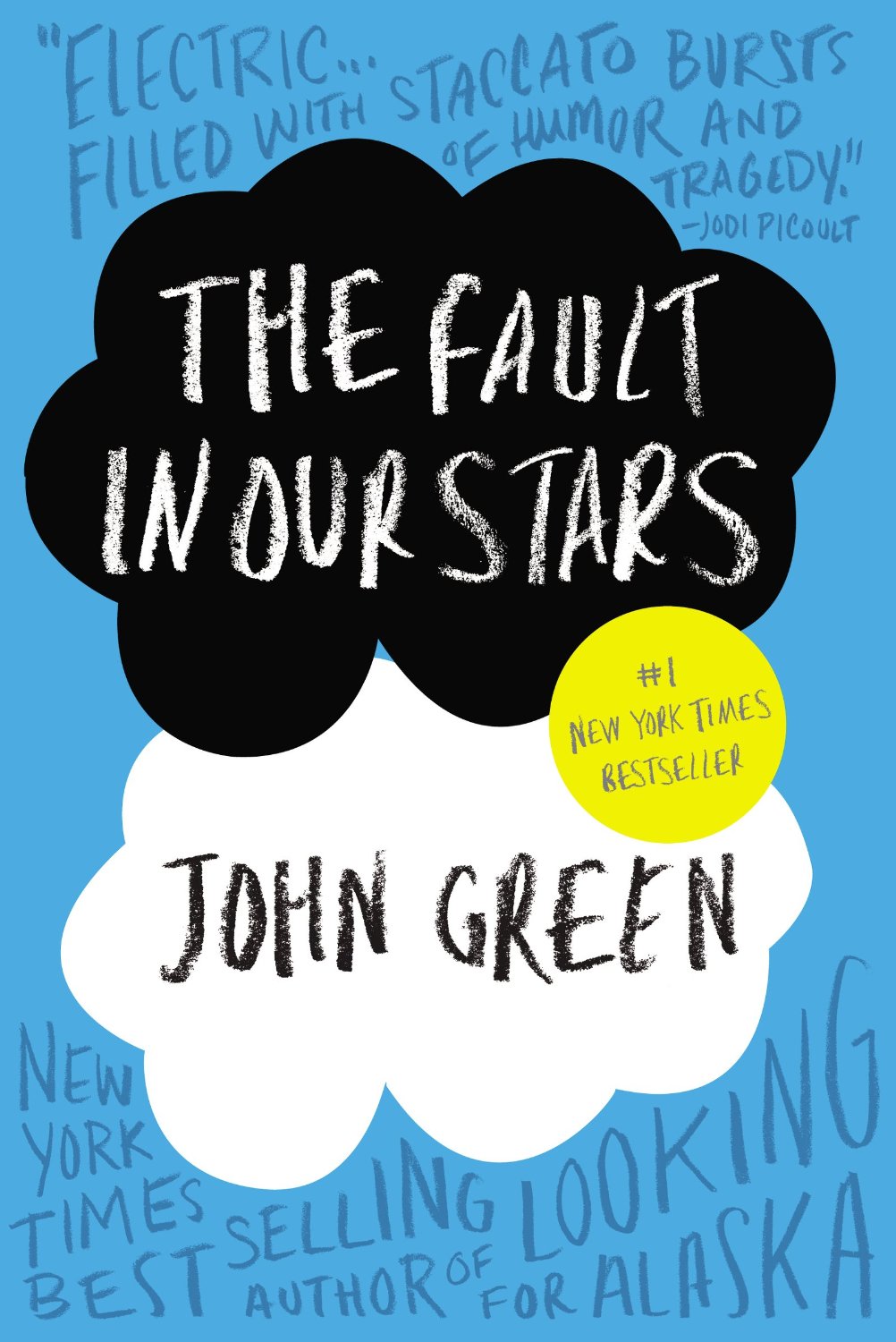Two Novels That Made Me Think This Summer
This summer, I read a lot of fiction. And it felt good. Stories are important…they convey truth (and Truth) in a way that straightforward discussion rarely, if ever, can.
You don’t have to turn far to see a discussion of same sex attraction. It’s everywhere, and it’s heated wherever you turn. People who seem to be otherwise calm and orderly suddenly sprout extra appendages and the ability to use words you’ve never heard.

The story: Paul’s a gay guy, and it turns out that so is Max, though he doesn’t know it until he meets Paul. Wrench: Max is happily married. Another wrench: Paul is friends with the family.
Don’t roll your eyes yet, because I’ve not only oversimplified, I’ve also left out the excellent writing. This could be a terrible story (all the elements are there), but it’s truly one that was crafted. The reader isn’t just carried along, but has to do some thinking and concluding.
The premise of the book is the love affair between two men, but it’s about more than just what I think we’ve all come to expect. Instead of focusing exclusively on what’s wrong with these two men, Hunt explores the impact their adultery—because that’s what it is—has on their families and the people around them. She takes a theory that many of us have heard—that what we do matters to more than just ourselves—and weaves it into a reality that’s hard to deny.
This book grapples a topic that’s not only hot but that gets people hot. You’re probably not going to let your teen read it, but you should. This is an honest, candid, painful look at the humanity behind the terms that are tossed around. These characters are people, not numbers. They have depth and believability. They have problems that most of us are only spitting distance from having ourselves.
Hunt does what few authors are able to do, and even less do well, she leaves well enough alone and she leaves the reader alone to make some important decisions and conclusions.
This book is one of the most honest books I’ve read, and that’s what makes it one that I’ll share. It’s not pretty, it’s not easy, and it’s not lying. There’s no shying away from the pain for any of the characters, but there’s also a glimpse at what the beauty of love can really yield. And I don’t think it will make you roll your eyes.

I’ll be honest: I laughed. I cried. I enjoyed reading it.
I did not, however, find my life changed.
One of the things that fascinates me about reading YA is hearing the teens in my life tell me what they find compelling and experiencing it with them. I remember the turmoil of my teen years, and I wouldn’t go back for anything. (And yet, I read YA. Go figure.)
What Green’s done in this book is tap into a truth of human dignity that isn’t conditional. He wrote characters we can’t help but love (and possibly be annoyed by, depending on your age), and put them in a setting and a storyline that’s so believably distant as to be possible. And then, then, he weaves in a theme of human dignity, of the importance of each individual. It’s not over-the-top and it’s not shoved down your throat. It’s just a good story.
For some people, it’s incredibly sad and almost horrifying. For others, it’s a story of hope.
Everyone who read this ahead of me warned me that I would cry. And yet the teens also shoved it into my hands as one of the best books I should read. Is that because they just aren’t reading enough good literature these days? Or does it speak to a need this generation has, to be told and shown their worth in an unconditional way?
I enjoyed this book, and I’d share it with the older teens in my life (except that they’ve already read it).













